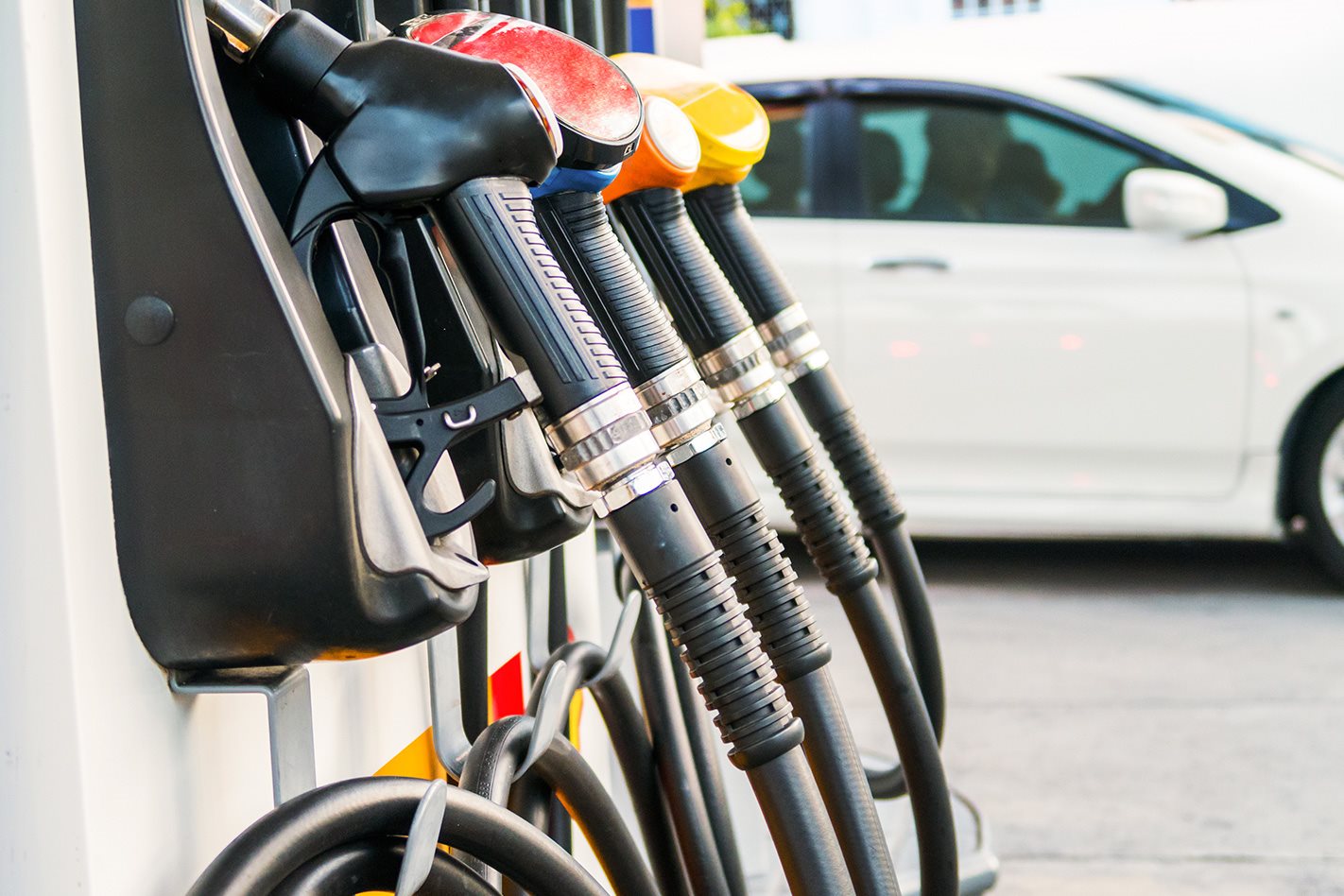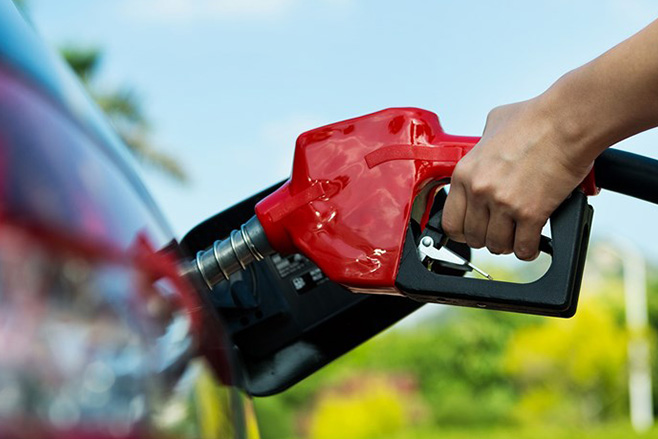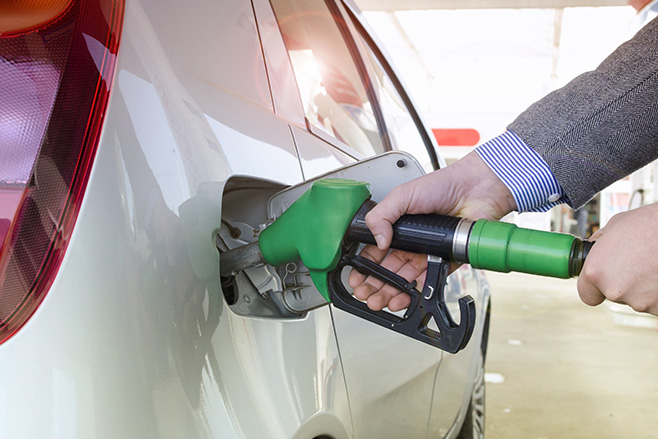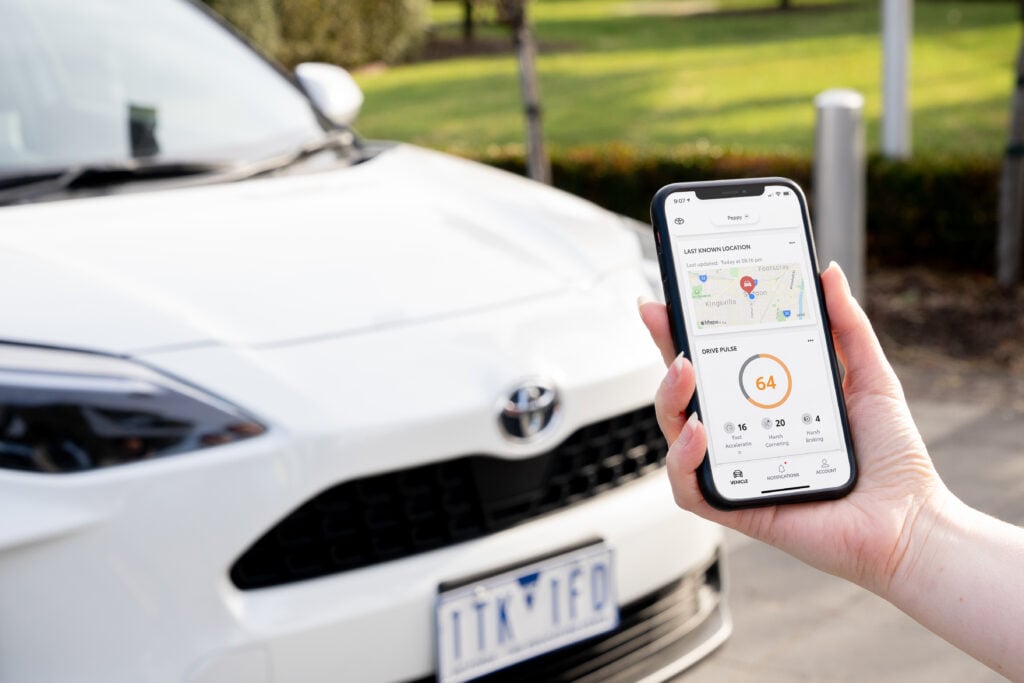Australians could have saved $5.9 billion in fuel costs if efficiency standards were adopted in 2015, according to new research.
A report produced by leading think tank The Australia Institute, found that almost two in three Australians support the introduction of national fuel efficiency standards in line with those in Europe, but as yet the Federal Government has yet to introduce such a target.
Fuel efficiency standards have been adopted in around 80 per cent of the global car market, but not in Australia, with the new research saying now – as the fuel excise cut nears an end – is the time for it to be introduced.
Such a measure, says the think tank, would save motorists money on fuel, reduce transport emissions, increase the availability of electric vehicle models, and reduce Australia’s reliance on foreign oil.

“Australians are being left behind simply because, as a nation, we are still accepting gas guzzling cars with no emissions standards. This is costing commuters money at the petrol pump and holding Australia back from reducing our emissions,” said Richie Merzian, Climate and Energy Program Director at The Australian Institute.
“As the fuel excise cut nears an end, policymakers have an opportunity to save motorists money at the petrol pump by introducing an average efficiency standard for new cars in Australia.
“Previous attempts to introduce fuel efficiency standards in Australia have been marred by disinformation and outright lies. Unfortunately it is everyday Australians bearing the cost. Australian motorists have paid billions more for expensive foreign oil to fuel gas guzzling cars which have been rejected by the rest of the world.

“The Albanese Government has a golden opportunity to implement robust fuel efficiency standards in line with Europe. The policy is popular, helps Australians with cost-of-living, and will help drive the uptake of cleaner vehicles.”
In 2018, the average carbon dioxide intensity for new passenger vehicles in Australia was 169.8gCO2/km compared to 129.9gCO2/km in the United States, 120.4gCO2/km in Europe and 114.6gCO2/km in Japan.
Later this month, Climate Change and Energy Minister Chris Bowen will speak at Australia’s inaugural National EV Summit in Canberra – addressing the issue of a nationally-mandated emissions target as well as other EV-related topics.







